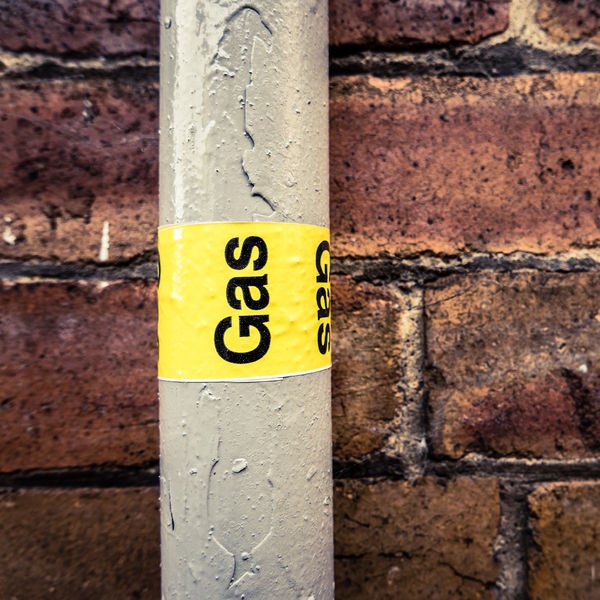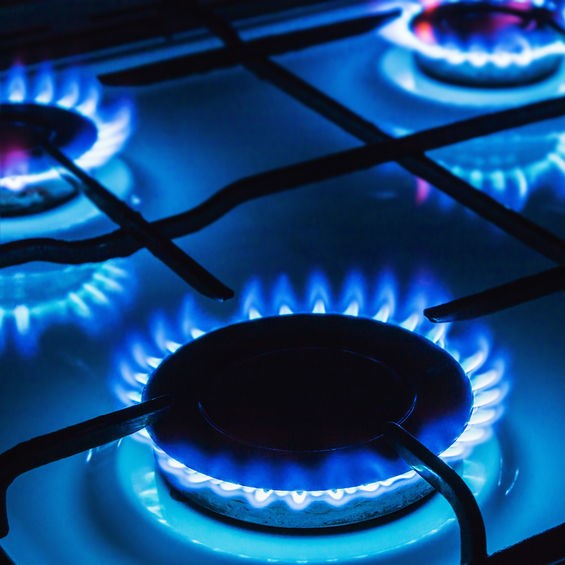
Gas leak detection
Natural gas is a clean, safe source of energy used in homes for cooking and heating. It is safe until you have a gas leak. Detection is important when gas leak is noticed so that it can be prepared promptly. Many people avoid having natural gas in their home because they aren’t comfortable with gas. This is usually because they don’t know the facts about this power source, like where would a natural gas leak come from?
We’re going to answer that question and others in this article because the more you know about natural and should know if you’re considering a home natural gas, the better you’ll feel about having it in your home. As we answer questions about natural gas, and the dangers that can be presented along with how to prevent those dangers and be prepared for them when they do happen. Gas leak detection for a homeowner is typically by the smell.
Natural gas leak is composed largely of methane, an asphyxiant that drives oxygen out of an enclosed space and allows the gas to fill the space. So yes, natural gas is dangerous and as an extremely flammable and can be part of explosive mixtures if subjected to open air. The flammability and explosiveness can be avoided with prompt and proper gas leak detection.
Gas pipes are like plumbing pipes in the fact they age and weaken over time, eventually bending, warping, and breaking. The older the gas supply line, they become risky of developing a gas leak. Detection can find what pipe and where the leak is coming from so a plumber can make the repair or replacement as needed. Other possible gas leaks can come from the main home gas supply line, home appliances which include kitchen, laundry, central heat system, and water heater.
What does gas leak smell like?
Natural gas has a distinctive sulfurous odor, but actually, it isn’t the gas itself you smell. Natural gas is colorless, tasteless, and odorless. The sulfurous odor we smell is added by the gas company, Mercaptan, another colorless gas. Commonly called methanethiol, it gives natural gas a rotten egg smell that is an immediate gas leak detection.
Is there a device to detect gas leaks?
When it comes to detecting natural gas, your nose is a great gas leak detection device. The sulfurous odor we discussed above will lead you to the gas leak before the carbon monoxide gets to a dangerous level. If you detect gas, go through this short check list:
- Check all pilot lights including the cook stove, furnace, clothes dryer, and water heater.
- Listen for hissing or whistling noises and see if you can detect where a gas leak may be coming from.
- Test with soapy water in a spray bottle and spray around all gas connections. If you see bubbles, you have made a gas leak detection.
- Purchase a gas leak detector at your local home improvement store or hardware store and follow the instructions provided by the manufacturer.
If there is no gas leak detection using this check list, evacuate the house, open all the windows, then call the gas company and 911. If the gas odor is extremely strong, skip the above check list and make the phone calls instead after getting everyone out of the house safely.
Will a carbon monoxide detector detect a gas leak?
A carbon monoxide detector is not designed with the intention of gas leak detection. However, it can alert you to any potential hazardous level of the air quality in your home. There are package deals today that include a carbon monoxide detector and smoke alarm, incorporating with smart devices like your cell phone.
What are the symptoms of natural gas exposure?
There isn’t necessarily physical indication or odors when there is a gas leak. Detection can be indicated by dead plants and the rotten egg odor we’ve described. Natural gas will reduce the oxygen in your home, and the physical symptoms that can tell you that having a plumber do a profession gas leak detection are the following:
- Ringing in ears
- Reduced appetite
- Chest pains
- Nosebleeds
- Blistering skin
- Pale skin
- Flu-type symptoms
- Dizziness and lightheadedness
- Breathing issues
- Drowsy
Anyone can experience one or more of these symptoms, and these gas leaks can affect any pets in the house in the same manner.
Will a natural gas leak kill you?
Without gas leak detection, yes a gas leak can be deadly. Natural gas leaks have been associated with less than 20 deaths a year.
Will gas company fix gas leak?
Yes, if the gas leak is on the gas company’s side of the meter. A gas leak detection on your side of the meter, the repair is your responsibility. Other than tightening gas connections, the safest way for gas leak detection and repair, call a professional plumber that works on natural gas lines.
How long does a gas leak take to fix?
A natural gas leak can usually be fixed within one hour but can take up to four hours. Where the gas line is located and the difficulty of getting to the gas line leak can determine the length of time.

Does homeowners insurance cover a gas leak?
Like any other homeowner’s insurance claim, you’ll need to check with your insurance policy, Generally, the standard homeowner’s insurance policy has coverage for gas leak explosions and if a natural disaster causes a gas leak like a blizzard, fire, hail, or lightening. Call 314-348-7503 today for your gas leak repair needs in St Louis, MO.
